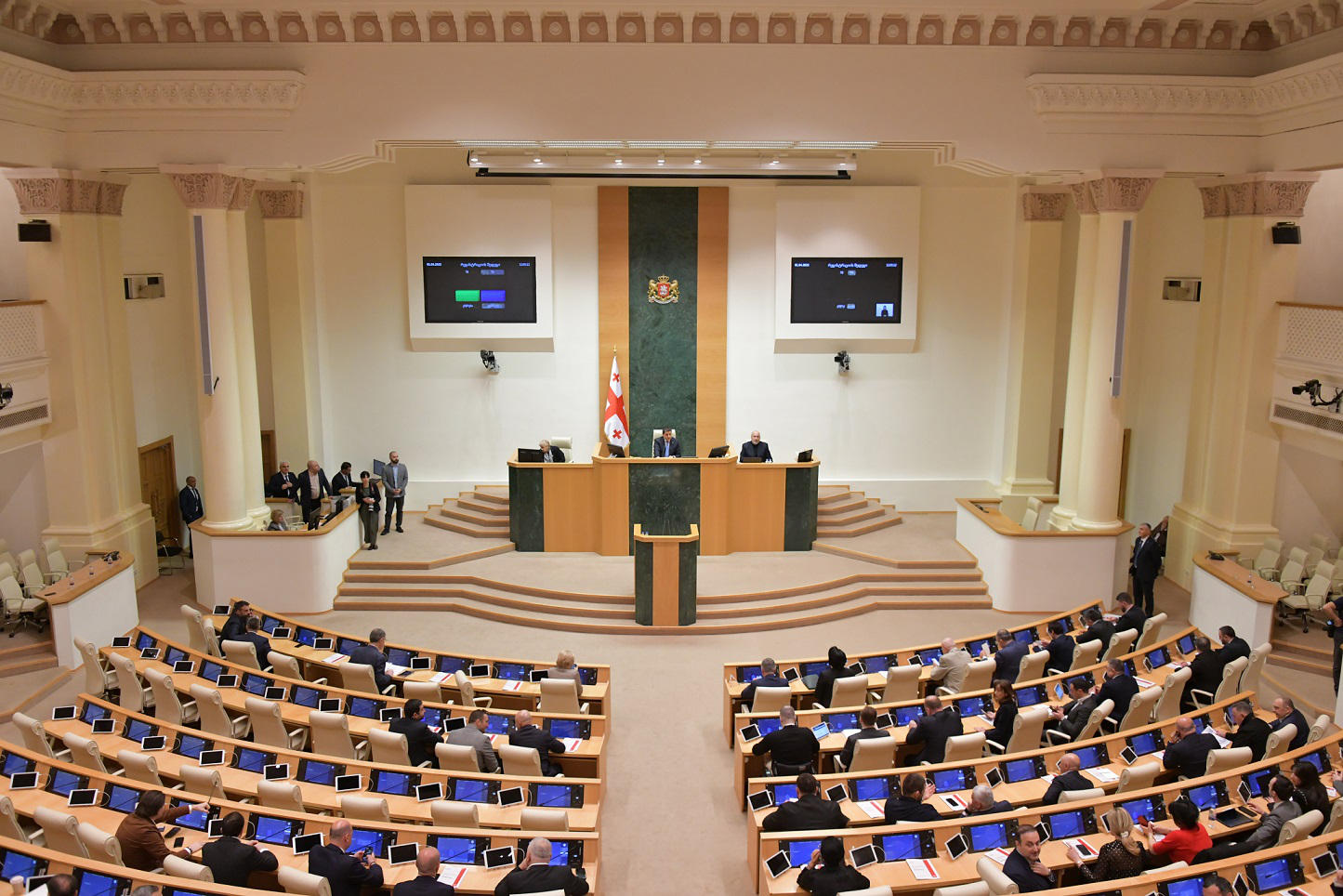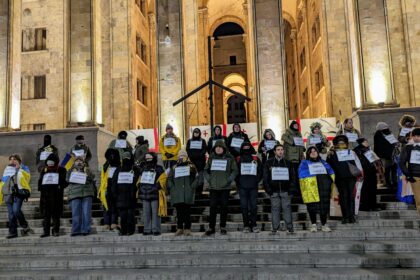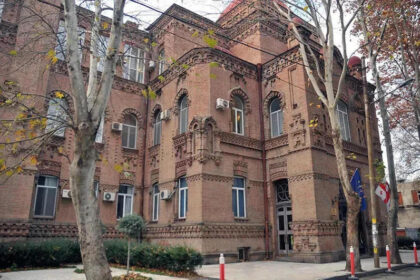**New Laws Aim to Speed Up Asylum Process for Foreigners**
The Georgian government has introduced new laws that will change the way asylum seekers are processed. From now on, foreign nationals who claim they need protection from their home country will be considered for asylum at the state border, without having to enter Georgia.
This means that people fleeing war or persecution in other countries will not have to travel through the country before their case is assessed. The new system aims to make the process faster and more efficient, allowing those who are genuinely seeking protection to get help sooner.
**What does this mean for asylum seekers?**
In the past, foreign nationals had to enter Georgia and register with authorities before they could apply for asylum. This often meant staying in a crowded and sometimes unsanitary reception center while their case was being processed. The new laws aim to reduce the time it takes for cases to be assessed, and to provide more support for those who are waiting.
**Commentary**
The introduction of this new system is a significant change in Georgia’s asylum process. It reflects a growing awareness of the need to protect vulnerable people and provide them with safe haven. However, critics have pointed out that the new laws may also make it easier for people to abuse the system or engage in other forms of immigration irregularity.
As one expert noted, “While the intention behind these changes is good, we need to be careful not to create loopholes that could be exploited by those who are not genuinely seeking asylum.”
**What’s next?**
The new laws come into effect immediately, and authorities will begin implementing them at state borders. Asylum seekers who arrive in Georgia will now be processed at the border, rather than being taken to a reception center.
This change is expected to reduce congestion at reception centers and make the process more efficient for those who are genuinely seeking asylum. However, it remains to be seen how effective this new system will be in protecting vulnerable people and preventing immigration irregularity.
Read More @ www.interpressnews.ge












